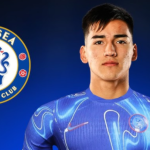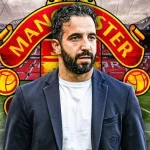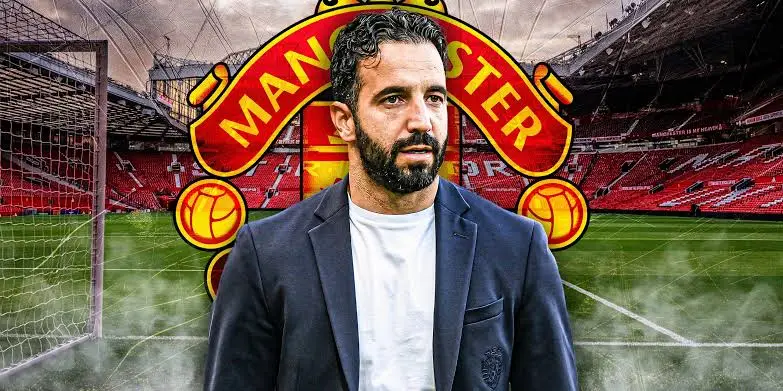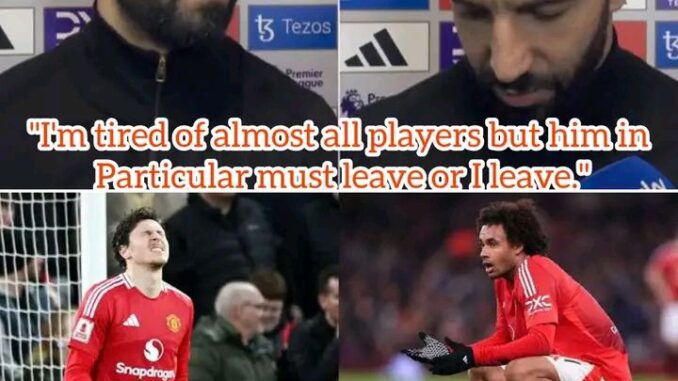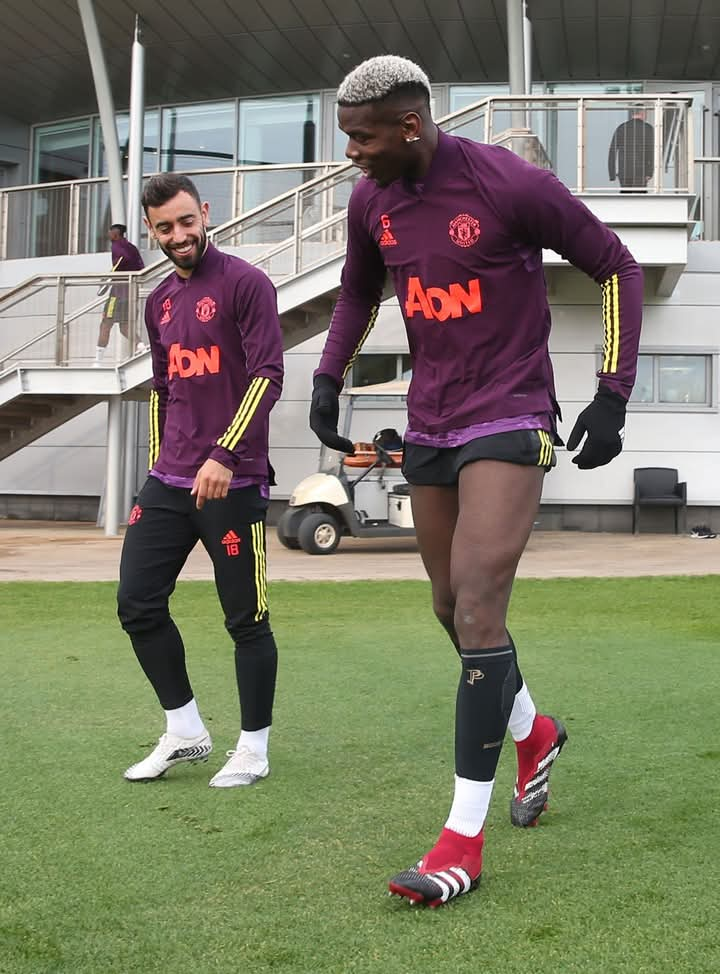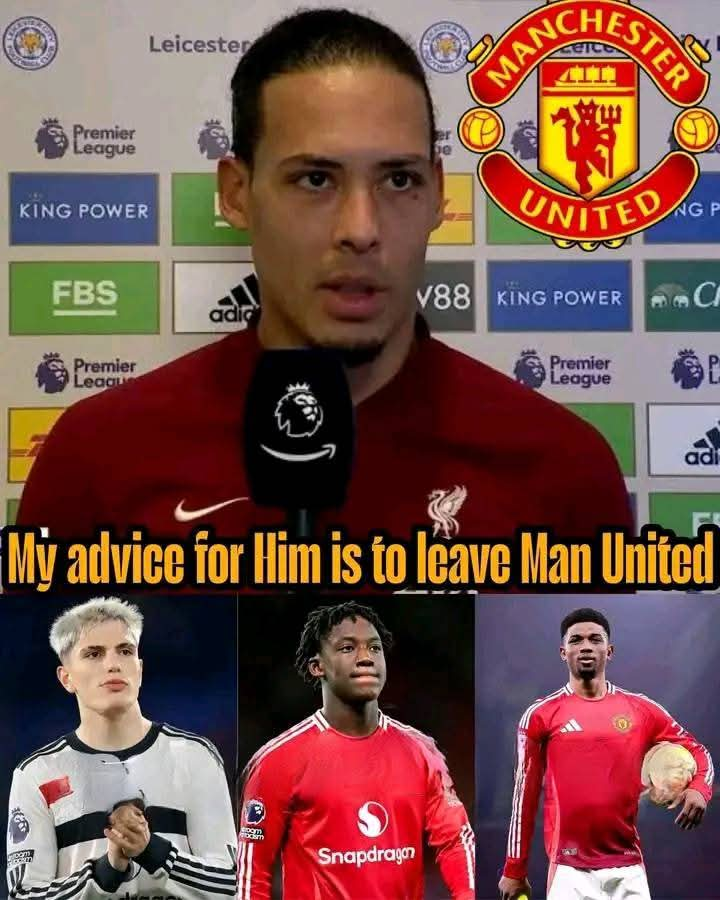Manchester United coach Benni McCarthy has revealed the underlying reason behind Jadon Sancho’s refusal to apologize to Erik ten Hag earlier this season.
Sancho, 24, is set to participate in the Champions League final this weekend, but not in a Manchester United shirt. Instead, he will be representing Borussia Dortmund, the club he rejoined on loan earlier this season. This surprising move followed his exclusion from Erik ten Hag’s first-team squad at Old Trafford after a contentious social media post in September.
The incident began when Ten Hag omitted Sancho from the squad for a match against Arsenal, attributing the decision to the 24-year-old’s unsatisfactory training performance. Sancho, however, disputed these claims publicly, alleging that he was being unfairly scapegoated. Though he eventually deleted the post, Sancho stood firm in his refusal to apologize to Ten Hag, who insisted that an apology was a prerequisite for his reinstatement in the squad.
In a recent interview with 947 Joburg, Benni McCarthy, who is part of Ten Hag’s coaching team, shed light on Sancho’s perspective. McCarthy explained, “I spoke to the manager and conveyed to him the delicacy of the situation. Jadon felt that an apology would imply acceptance of the criticisms against him—that he didn’t train hard, didn’t work hard, and that all the negative comments were true.”
McCarthy further elaborated on the mentality stemming from Sancho’s background, saying, “If you come from the streets, there’s a code—apologizing can be seen as admitting to being lazy or not committed. No one from that environment wants to apologize and thereby confirm those accusations. Jadon wasn’t willing to do that. The manager, however, was firm in his stance that an apology was necessary.”
Attempting to mediate, McCarthy approached Sancho not just as a coach, but also as a mentor and friend. He tried to make Sancho understand the situation from a different angle, drawing from his own experiences growing up in a similar environment. McCarthy recounted, “I told Jadon, as someone who understands the street code, that sometimes a pragmatic approach is necessary. Yet, Jadon remained resolute. He told me, ‘I’m not going to apologize because doing so would mean admitting to being lazy, to always being late, to not giving my best. That’s what they want me to say sorry for, and it’s not true.’”
This nuanced stand-off highlights the complexities of modern football, where player management extends beyond the pitch into realms of personal pride and public perception. Sancho’s steadfast refusal to apologize underscores a deeper conflict between maintaining personal integrity and conforming to professional expectations. As the saga unfolds, it remains to be seen how these dynamics will affect Sancho’s career trajectory and his relationship with Manchester United.
